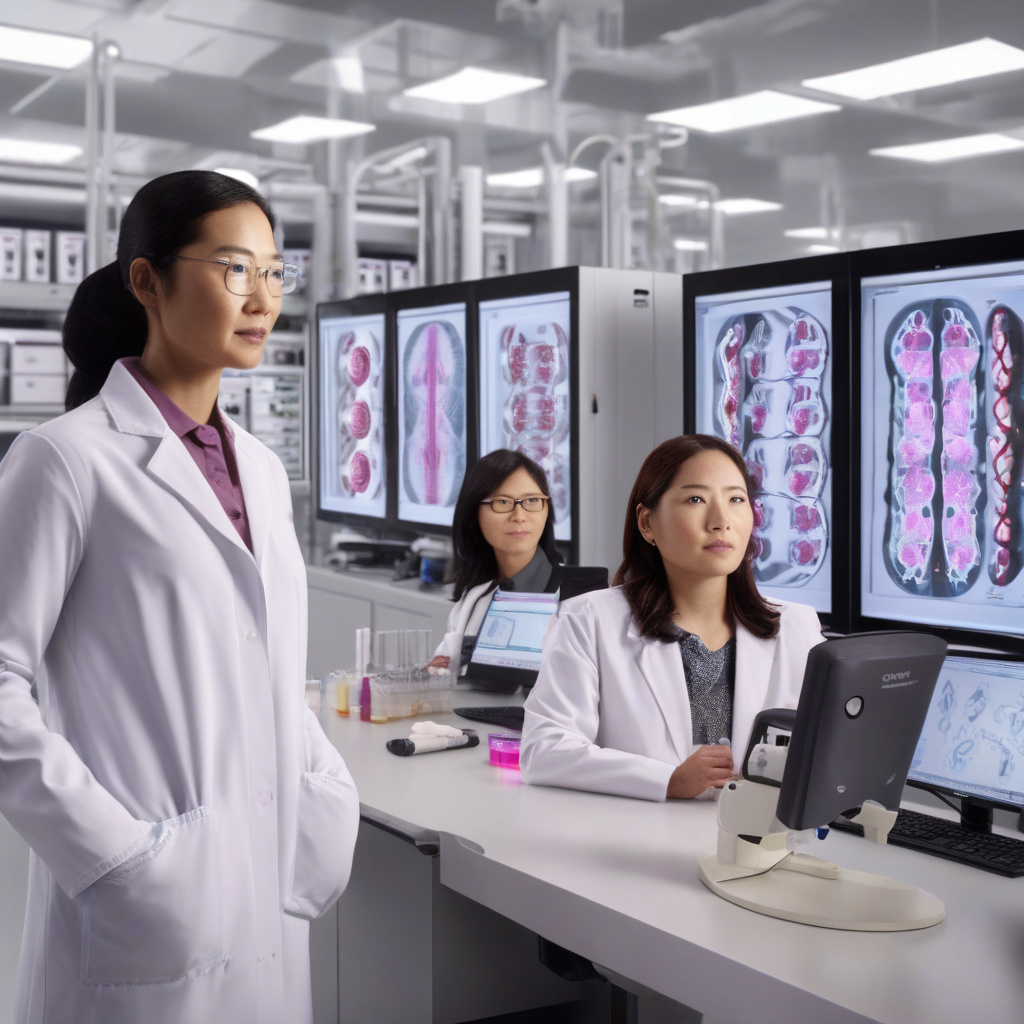LG’s Exaone Path 2.0: Revolutionizing Genetic Testing with AI
LG’s recent partnership with Vanderbilt University marks a significant milestone in the realm of genetic testing. The collaboration aims to integrate cutting-edge AI models, such as Exaone Path 2.0, into real-world clinical settings, revolutionizing the way genetic testing is conducted.
The utilization of AI in genetic testing brings forth a myriad of benefits, ranging from increased efficiency to enhanced accuracy. Exaone Path 2.0, powered by advanced machine learning algorithms, has the capability to analyze vast amounts of genetic data with unprecedented speed and precision. This not only accelerates the testing process but also ensures more reliable results, ultimately leading to improved patient outcomes.
One of the key advantages of Exaone Path 2.0 is its ability to identify patterns and anomalies in genetic data that may not be easily discernible to the human eye. By leveraging AI-driven insights, healthcare professionals can gain a deeper understanding of an individual’s genetic makeup, enabling them to make more informed decisions regarding diagnosis, treatment, and personalized care plans.
Moreover, the integration of Exaone Path 2.0 into clinical settings has the potential to streamline workflows and reduce the burden on healthcare providers. Tasks that traditionally require manual intervention and extensive time investments can now be expedited through automated AI processes, allowing medical professionals to allocate their time and expertise more efficiently.
Furthermore, the partnership between LG and Vanderbilt University underscores the growing importance of collaboration between tech companies and academic institutions in driving innovation in healthcare. By combining industry expertise with research-driven insights, this collaboration sets a precedent for future advancements in genetic testing and personalized medicine.
As we look to the future, the integration of AI technologies like Exaone Path 2.0 holds immense promise for transforming the field of genetic testing. By harnessing the power of artificial intelligence, healthcare providers can unlock new possibilities in precision medicine, ultimately leading to better patient outcomes and advancements in personalized healthcare.
In conclusion, LG’s Exaone Path 2.0 represents a groundbreaking development in the realm of genetic testing, showcasing the potential of AI to revolutionize healthcare practices. Through strategic partnerships and technological innovation, we are witnessing a paradigm shift in the way genetic data is analyzed and utilized, paving the way for a future where precision medicine is more accessible and effective than ever before.
LG, Exaone Path 2.0, AI, Genetic Testing, Precision Medicine
